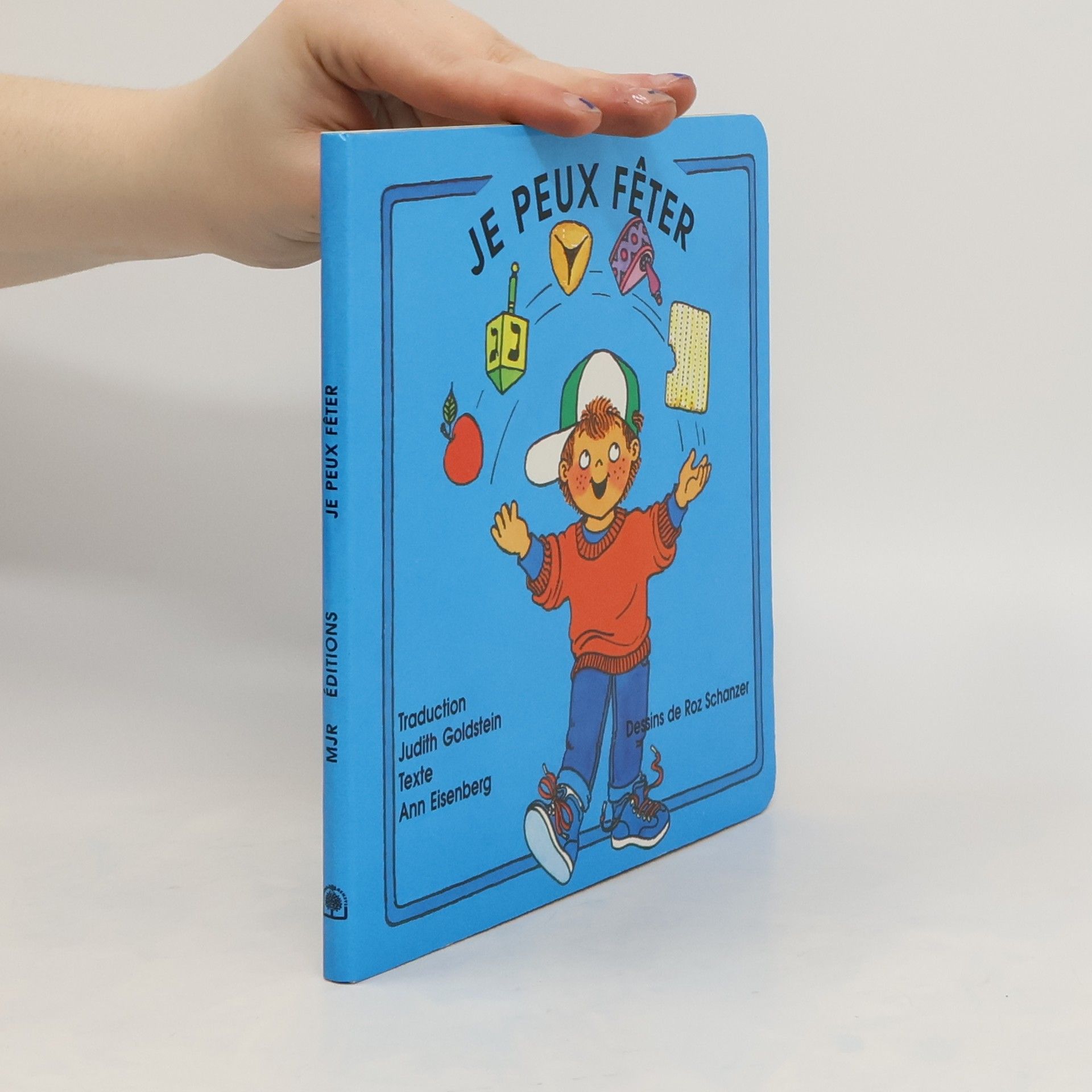Je peux fêter
- 12pages
- 1 heure de lecture
Judith L. Goldstein se concentre sur l'économie politique internationale, avec un accent particulier sur la politique commerciale. Ses recherches explorent les conditions politiques nécessaires à la libéralisation du commerce, analysant à la fois les négociations tarifaires et les préférences publiques. Elle examine également comment les difficultés économiques influencent l'opinion publique grâce à une analyse approfondie de panels d'enquêtes. Ses travaux éclairent l'interaction complexe entre l'économie, la politique et l'opinion publique dans le commerce international.


Originally published in 1990, this book examines and evaluates the lobbying activities of the American Jewish Committee between 1906 and 1917.